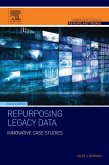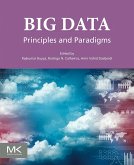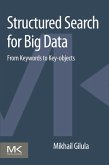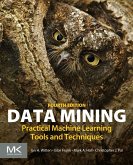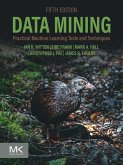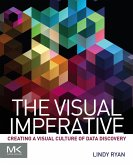This book provides data scientists from every scientific discipline with the methods and tools to simplify their data for immediate analysis or long-term storage in a form that can be readily repurposed or integrated with other data.
Drawing upon years of practical experience, and using numerous examples and use cases, Jules Berman discusses the principles, methods, and tools that must be studied and mastered to achieve data simplification, open source tools, free utilities and snippets of code that can be reused and repurposed to simplify data, natural language processing and machine translation as a tool to simplify data, and data summarization and visualization and the role they play in making data useful for the end user.
- Discusses data simplification principles, methods, and tools that must be studied and mastered
- Provides open source tools, free utilities, and snippets of code that can be reused and repurposed to simplify data
- Explains how to best utilize indexes to search, retrieve, and analyze textual data
- Shows the data scientist how to apply ontologies, classifications, classes, properties, and instances to data using tried and true methods
Dieser Download kann aus rechtlichen Gründen nur mit Rechnungsadresse in A, B, BG, CY, CZ, D, DK, EW, E, FIN, F, GR, HR, H, IRL, I, LT, L, LR, M, NL, PL, P, R, S, SLO, SK ausgeliefert werden.



